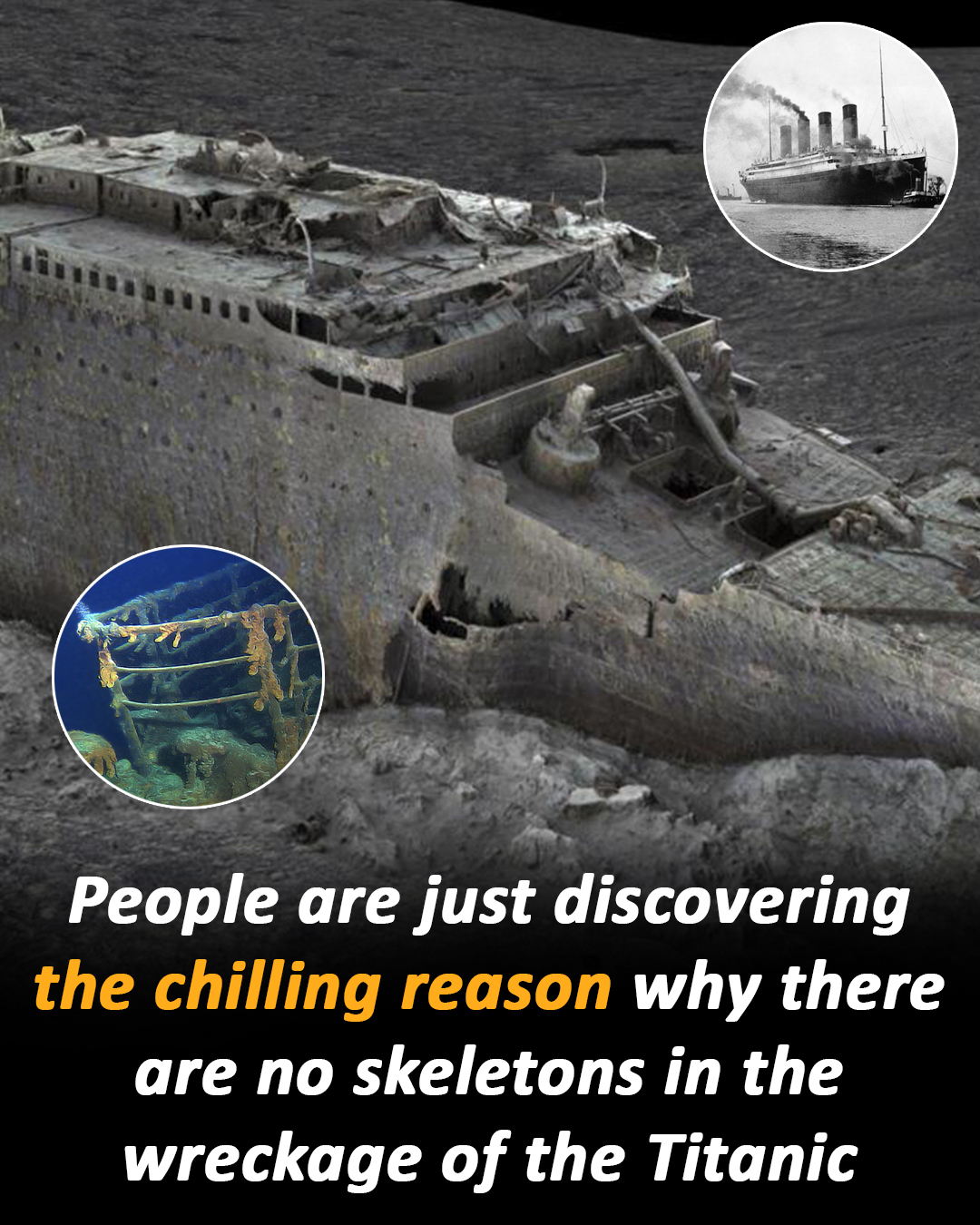A powerful 7.6 magnitude earthquake struck the Caribbean Sea between Honduras and the Cayman Islands, triggering a tsunami alert, according to the United States Geological Survey (USGS). The earthquake, which caused significant concern among local authorities and residents, led to immediate warnings and precautionary measures in the affected regions.

Authorities promptly issued a tsunami alert for the Cayman Islands while confirming that Puerto Rico and the US Virgin Islands were not at risk. The National Weather Service (NWS) provided updates on the situation, reassuring residents in some areas while urging caution in others. “The Tsunami Advisory for Puerto Rico and the US Virgin Islands is now canceled. While alerts have ended, strong and unusual currents may continue. Be careful near the water and use caution,” NWS stated on X (formerly Twitter).
The USGS reported that the earthquake struck at approximately 6:23 p.m. local time. The epicenter was located about 20 miles north of Honduras and 130 miles southwest of the Cayman Islands. The tremor was powerful enough to be felt across several regions, prompting immediate responses from government agencies and disaster management officials.
In response to the earthquake, the government of the Cayman Islands Hazard Management Agency issued an urgent statement warning residents of a tsunami threat. “The Cayman Islands is under a Tsunami threat. Residents living near the coastline are encouraged to move inland,” the agency advised. Additionally, officials urged residents to avoid harbors, bays, and marinas and to evacuate the water immediately to ensure safety.
This earthquake is the most significant to impact the region since the devastating 7.2 magnitude earthquake that struck Haiti in 2021. The memories of that disaster remain fresh, reinforcing the importance of swift and decisive action when similar events occur. Authorities across the Caribbean took no chances, implementing emergency protocols and urging residents to remain vigilant.
At 8:23 p.m., the National Weather Service provided further updates, stating that “A Tsunami Threat continues for Cuba, where a tsunami may reach 1 to 3 meters above the tide, and for Honduras and the Cayman Islands, where a tsunami may reach up to 0.3 to 1 meter above the tide.” While these potential waves may not seem catastrophic, any sudden changes in water levels can pose significant dangers, particularly to coastal communities.
Despite the concerns for Cuba, Honduras, and the Cayman Islands, authorities confirmed that the United States was not under any tsunami threats or alerts. This information helped alleviate concerns among residents of Florida and the Gulf Coast, who initially feared potential aftershocks or ripple effects from the earthquake.
Residents in affected areas were advised to follow all safety instructions, including moving away from the coastline, avoiding unnecessary travel, and staying informed through emergency broadcasts. In situations like this, preparedness and immediate response are crucial in minimizing risks and ensuring safety.
Seismic activity is a common occurrence in the Caribbean due to the region’s tectonic movements. Scientists and disaster management experts continually monitor seismic patterns to predict and prepare for potential earthquakes and their aftereffects. The recent earthquake serves as a stark reminder of the unpredictable nature of natural disasters and the importance of emergency preparedness.
As emergency response teams continue assessing the situation, residents and travelers in the region are encouraged to remain alert and follow updates from official sources such as the USGS and NWS. These agencies work tirelessly to provide accurate information and guidance to help people stay safe during natural disasters.
Beyond the immediate impact of the earthquake and tsunami warning, the long-term effects of such events can be significant. The psychological toll on residents, potential damage to infrastructure, and economic disruptions, particularly in tourism-dependent areas, are all concerns that officials will need to address in the coming days.
For many Caribbean nations, tourism is a vital part of the economy, and natural disasters can lead to canceled travel plans, disruptions in business operations, and financial difficulties for local communities. Authorities will need to work swiftly to assess any damages and implement recovery efforts to restore normalcy as quickly as possible.
As the situation continues to evolve, the focus remains on ensuring the safety of those in the affected areas and preventing further damage. Ongoing assessments will determine the full extent of the impact, and officials will provide further guidance as necessary.
Please take a moment to SHARE this article with your family and friends on Facebook to spread awareness and encourage preparedness in case of future natural disasters. Staying informed and taking necessary precautions can make a significant difference in ensuring the safety of individuals and communities.





